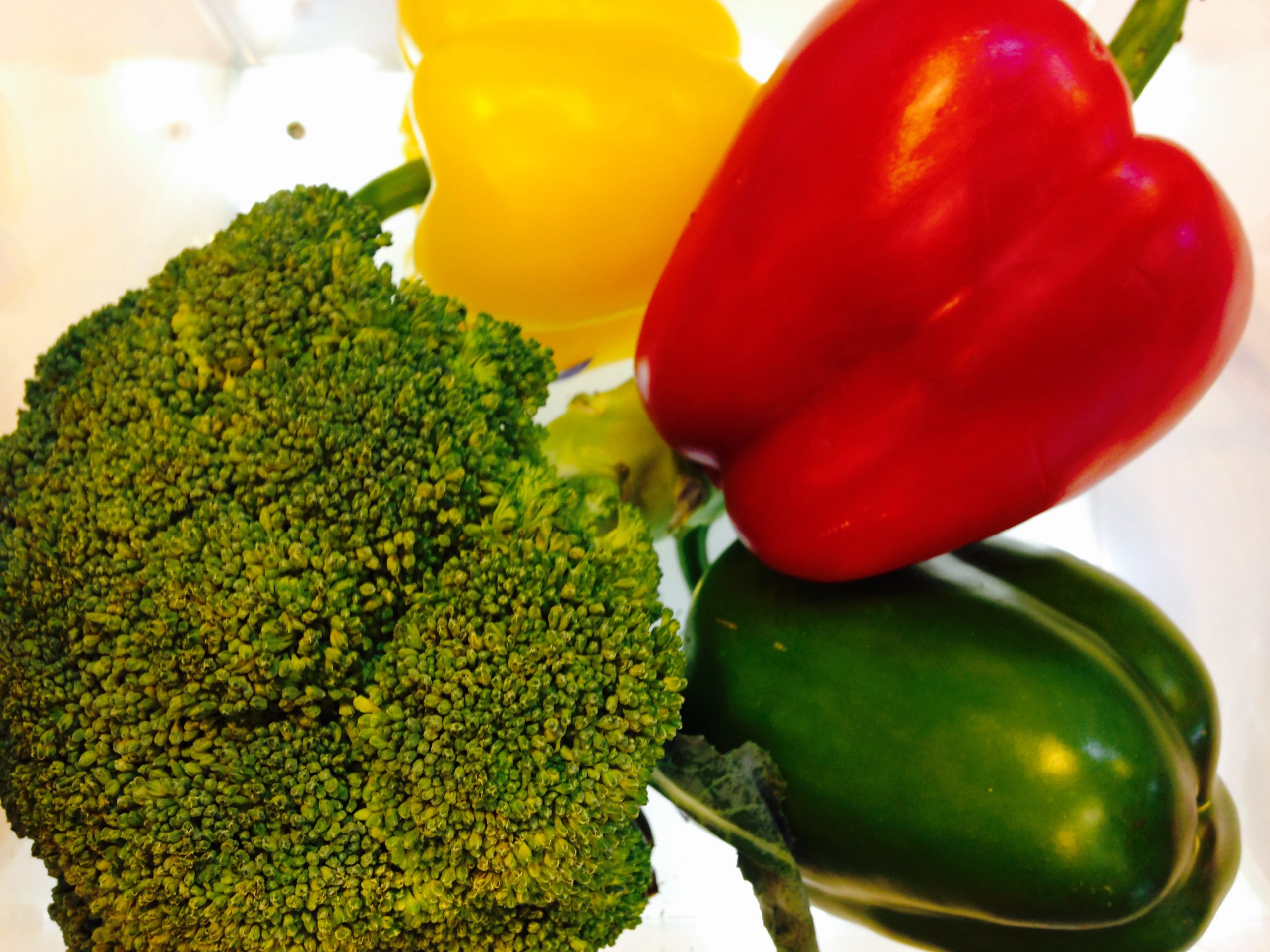
Whirlpool Corporation says it has developed a crisper which controls ripening so as to extend the shelf-life of the fruit and vegetables in it.
The invention hinges on the removal of ethylene, a chemical released by many fruits and some vegetables that hastens ripening.
In international patent application documents published by WIPO, the US-based home appliance giant says that typically the special compartments found in fridges for storing fruit and vegetables – crisper drawers – are closed. This means that as the produce ripens, ethylene accumulates in the drawer and accelerates the ripening of surrounding produce, thereby reducing shelf life and freshness.
Whirlpool’s solution is to modify the atmosphere in the drawer via a photocatalytic process that converts ethylene into carbon dioxide and water. The result is not only is the ethylene reduced, the carbon dioxide produced limits the ripening of the produce it surrounds.
The invention achieves this via a crisper with a photo-catalytic element – featuring titanium dioxide TiO2 – and a source of UV light, preferably of the LED type. That’s because ethylene (and other volatile organic compounds) present in the air at low concentrations can be oxidised to carbon dioxide and water when exposed to particles of titanium dioxide irradiated with near UV light.
The lighting would ideally be subject to an on/off algorithm and an infrared gas sensor used to directly control ethylene concentration and indirectly monitor the carbon dioxide content.
 Source: https://patentscope.wipo.int/search/en/detail.jsf?docId=US152767151
Source: https://patentscope.wipo.int/search/en/detail.jsf?docId=US152767151
Whirlpool said one of the objects of the invention is to be “cost-effective both during the manufacturing process and when functioning during the entire life of the refrigerator.”
It also said that, in general, fruits release more ethylene than vegetables during the natural ripening process and that many vegetables are sensitive to ethylene.
Foods that emit ethylene include: apples, avocados, bananas, pears, peaches, plums, cantaloupes, honeydew melons, mushrooms and tomatoes.
Vegetables that absorb ethylene include: brassicas, leafy greens, beans, carrots, cucumbers, eggplant, peas, peppers and potatoes.
